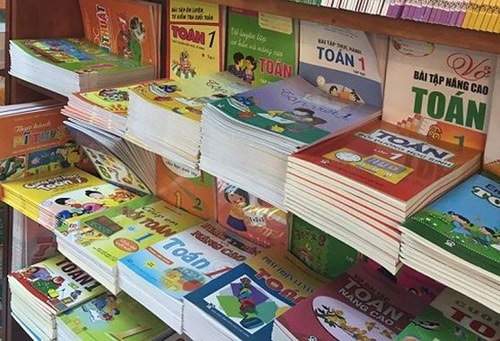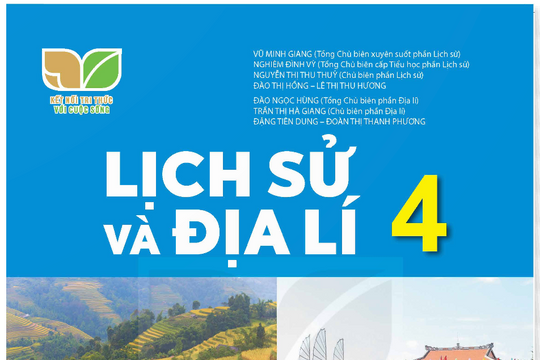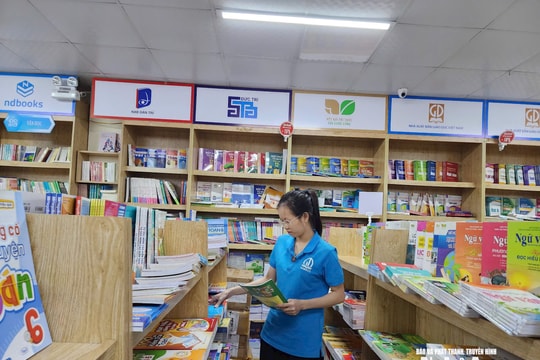No increase in textbook prices for the 2019-2020 school year
Vietnam Education Publishing House will publish 108 million textbooks for the 2019-2020 school year, with a message on page 1 of each book "Please keep the books for future students".
Vietnam Education Publishing House has just announced its plan for the 2019-2020 school year. To prepare for the publication of 108 million textbooks (equal to last year), since November 2018, the company has organized a printing bidding with the participation of nearly 70 printing houses nationwide, resulting in 55 printing houses winning the bid.
The company also works with 72 distribution partners in 63 provinces and cities, organizing a system of stores to ensure adequate textbooks in all provinces and cities, overcoming the situation where agents and bookstores in some localities do not import more textbooks to sell before the opening day to avoid inventory. From April 2019, textbooks began to be delivered to localities.
The Education Publishing House confirmed that the price of books for the 2019-2020 school year will remain the same as the past 8 years, despite the increase in publishing costs. To compensate, the company has cut costs related to transportation, warehousing, etc.
|
The list of textbooks for each grade is printed on the 4th cover of each book so that parents and students can refer to it and choose to buy the correct name and number of books according to the prescribed list. On page 1 of each textbook, the Education Publishing House prints the recommendation: "Please keep the textbooks to give to students in the next grade." The move was made after the reaction of society when textbooks printed exercises that could not be reused.
At the beginning of the 2018-2019 school year, many provinces and cities experienced a shortage of textbooks. Many parents struggled to find enough books for their children to study. The Committee for Culture, Education, Youth and Children surveyed a number of contents in the implementation of policies and laws on publishing, printing and distributing general education textbooks in the period 2012-2017.
The report clearly stated that the fact that only one unit was allowed to organize and publish textbooks for 60 years (1957-2017) led to the risk of abusing the monopoly position, limiting competition and promoting competition to improve quality and reduce prices. This agency pointed out many other shortcomings in book distribution, such as high discounts, prices of some VNEN and Educational Technology books being 3-4 times higher than normal books.
The government then directed 'not to allow monopoly in textbook publishing'.


.jpg)






